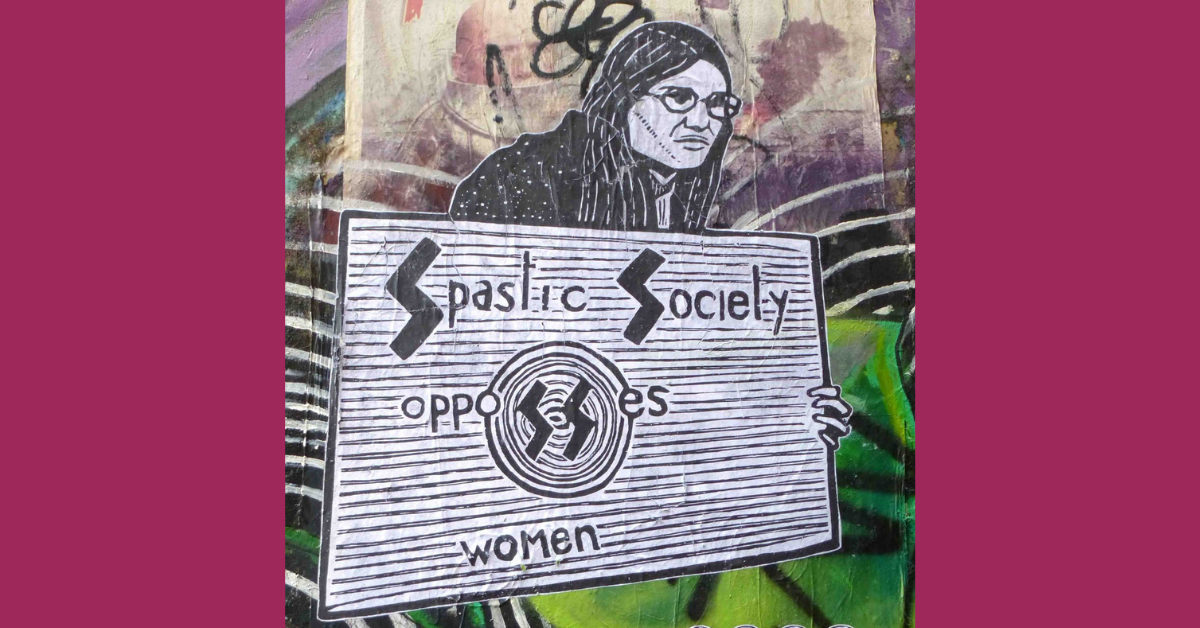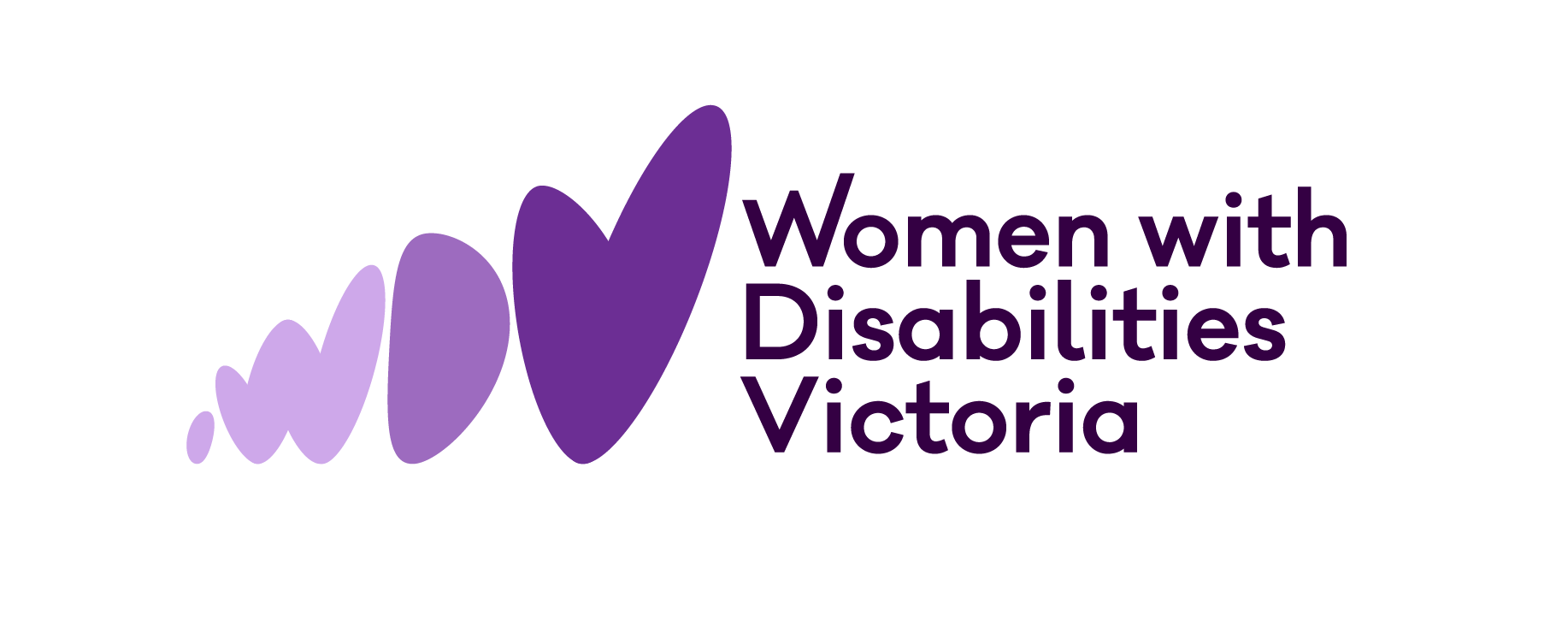International Women’s Day 2022

Let’s have a conversation about the issues that impact women with disabilities, and how we can lift up each other’s voices on International Women’s Day.
It’s March 8, which means that IWD (International Women’s Day) festivities are going on around the world with morning teas, exhibitions, discussions, community events, and general celebration of the successes and achievements of women over the last year.
It’s also a day to think about the ways that women experience discrimination, and how far we have to go before we live in a world with true gender equality. As women with disabilities, we sometimes experience this discrimination in ways our able-bodied counterparts might not.
Women face discrimination in health services, with the medical system (on average) underestimating and undertreating women’s pain, and under-researching conditions that primarily impact women. The impact of this is disproportionately felt by women with disabilities who depend more heavily on these services.
Women face financial disadvantages, with lower wages over our lifetimes. Data from the Workplace Gender Equality Agency released last month shows women typically earn about $25,000 less annually than men. Women are more likely to be engaged in unpaid labour (caring for family, work around the house, volunteering at schools, organising get togethers …) and more likely to be in part-time or insecure work.
Women with disabilities face the additional challenge of disability discrimination in workplaces, and lack of physical access. Workforce participation rates for Australian women with disabilities is 49 per cent, compared with Australian women generally at 72 per cent. Men with disabilities have a 58 per cent participation rate.
For a shining moment during the pandemic, when non-disabled people needed access to work from home setups, it seemed that employment might become far more accessible to women (and men) with disabilities who struggle to access transport or can only work from home. It’s easy to feel forgotten as the pressure now mounts to return to the office.
Financial disadvantage is also a driver of domestic violence. Lack of access to funds can dramatically reduce our independence and give family, intimate partners or the state much more control over our lives. For women with disabilities, this can be exacerbated by the partnered rate of the DSP (disability support pension), as our personal funds can be reduced or removed based on our partners’ salaries.
In Australia, women with disabilities make up 49 per cent of disabled people, but only 37 per cent of NDIS participants, making it very likely that many women with disabilities are depending on family and intimate partners for basic supports.
Women with disabilities are three times more likely to experience family violence than women without disabilities.
On International Women’s Day, we are being asked to change the climate. For women with disabilities this means challenging patriarchal ideas. It also means looking at the intersection between biases that impact women and the systemic discrimination against disabled people in all areas of our lives.
Whether you are a woman with disability or one of our allies, here are some ways to take action today:
- Follow the Disability Justice Networkon social media. There are many women with disabilities driving meaningful change for their communities as part of this network.
- Follow Astrid Edwards on social media. Astrid is a contributor in Growing Up Disabled in Australia.She is a member of the Victorian Disability Advisory Council, advocates for people living with MS and co-hosts a podcast called Anonymous Was A Woman which focuses on women in literature.
- If you are in or around the Melbourne CBD, check out Larissa MacFarlane’s IWD artwork on Hozier Lane. Larissa is an artist and disability pride advocate, and the work celebrates late disability activist Lesley Hall.
- Signing Hannah Diviney’s petition for a disabled Disney princess.Hannah is a disabled writer and advocate who was nominated for Young Australian of the Year. You can also follow her on Twitter and
- Attend the Victorian Mental Illness Awareness Council (VMIAC) webinar featuring women with lived experience of mental illness.
- Attend the online launchof the new Leadership Statement from Women with Disabilities Australia (WWDA). The statement was codesigned with women with disabilities and the event is free.
- Borrowing or buying a copy of We’ve Got This: Stories By Disabled Parents. This anthology, edited by writer, musician and disability advocate Eliza Hull, features stories by many prominent women with disabilities including Jacinta Parsons and Elly May Barnes.
- Donating to organisations that support women with disabilities. For example, you could donate to Women with Disabilities Victoria or become a member of Women with Disabilities Victoria.
Let’s raise our voices on #IWD.
